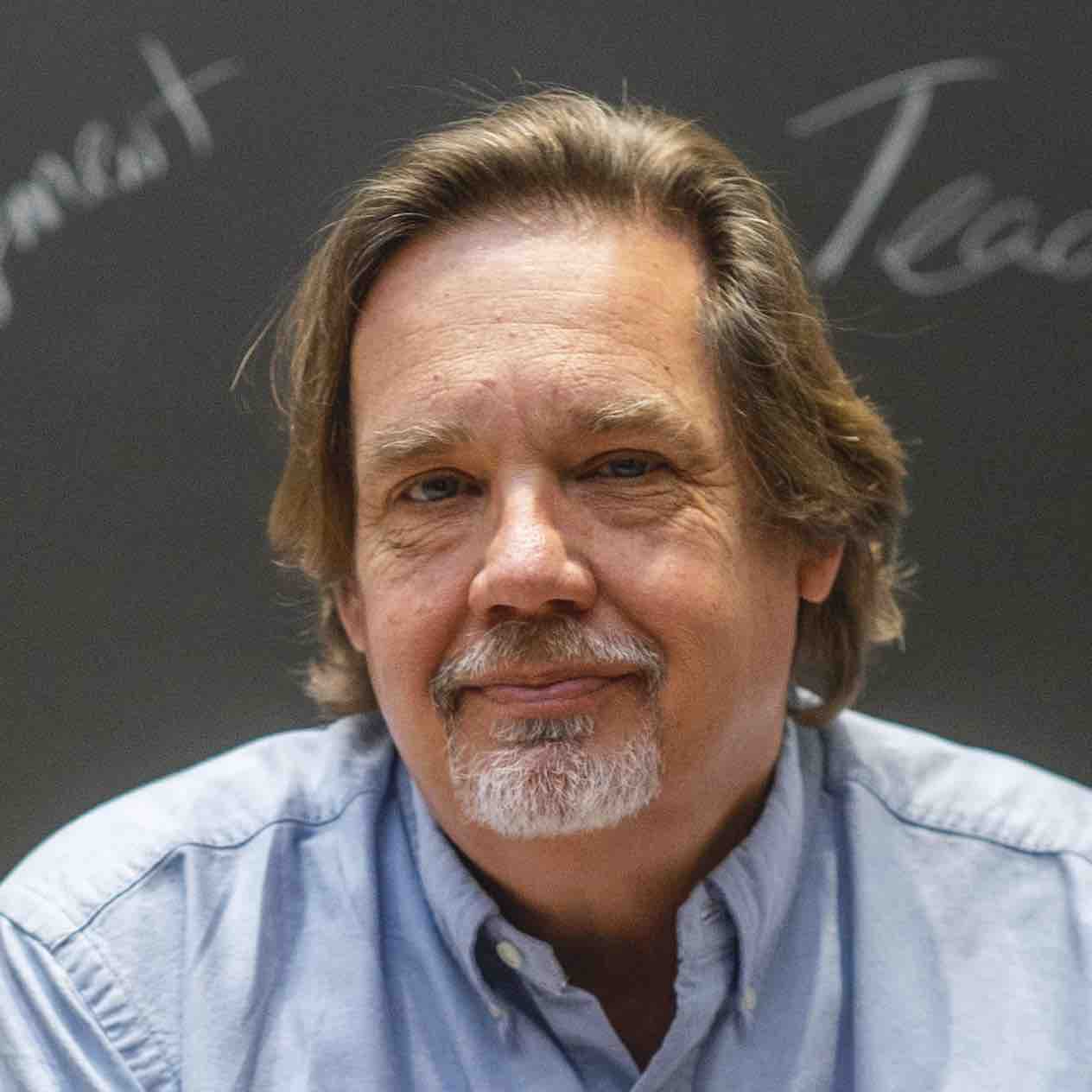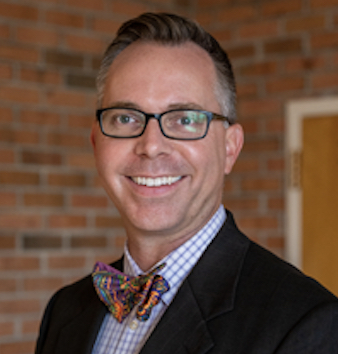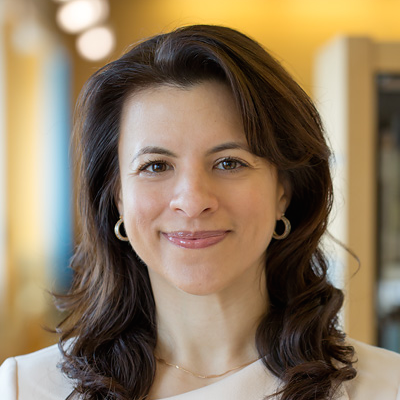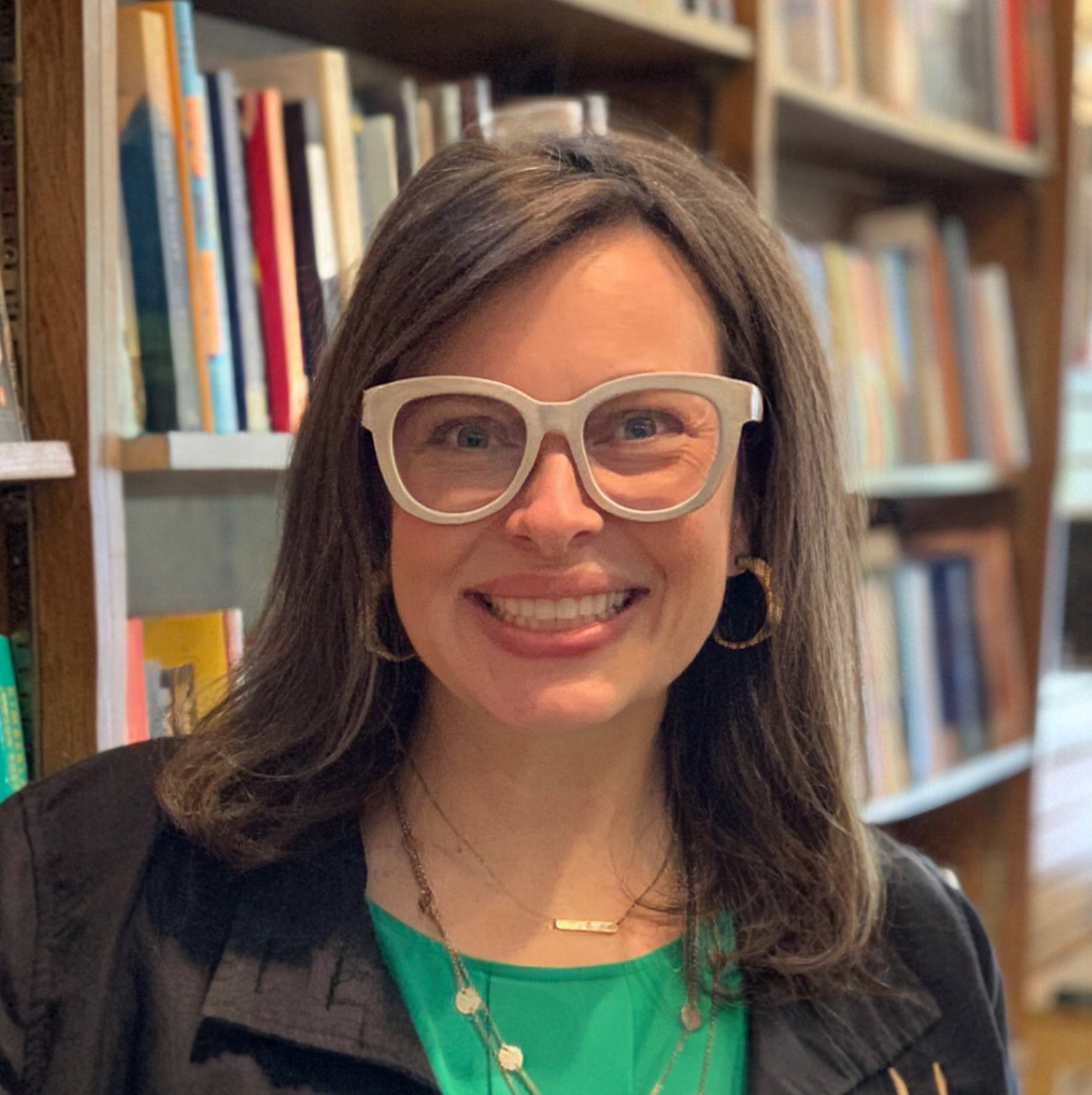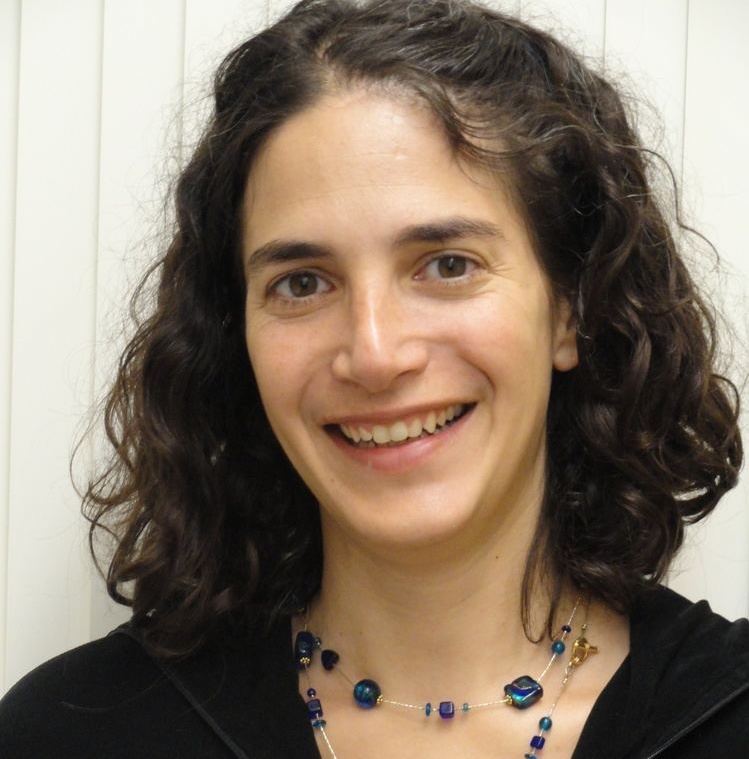"We all want students to have a healthy brain and mental wellbeing. We care about this as teachers, as educators, as parents. It's so important for learning and development."
-- John D.E. Gabrieli, PhD Massachusetts Institute of Technology
Friday, November 17
8:00 AM – 11:00 AM
Cost per person: $189
By advance registration only.
Add $30 fee if you are not attending the conference.
All pre-conference workshops will be offered LIVE in Boston only. There is no virtual option.
1. How Learning Works: Promising Principles and Practices for Teachers From the Science of Learning
For more than a century, the science of learning has provided many insights into how learning works (e.g., encoding, active processing, retrieval practice, productive struggle, cognitive load, feedback, etc…). This immense body of research provides well established principles that are promising and have the potential to translate into classroom practices that enhance and accelerate student learning. But this translation is not as simple as copying and pasting a strategy into tomorrow’s lesson. Instead, we must leverage these promising principles to design classroom practices that are adapted to fit the local context of our individual classrooms. These promising principles provide a starting point for building the capacity in us, as teachers, to be evidence-generators of learning. This allows us to determine if these classroom practices worked! This workshop for all grades and ages provides an easily accessible look at a process for translating research about how learning works into classroom practices in ways that enhance your students’ learning.
David B. Daniel, PhD, Conference Chair: Professor of Psychology, James Madison University; Former Executive Director and Founding Board Member, International Mind, Brain, and Education Society (IMBES); Co-Author, “Toward an Ecological Science of Teaching” (2021, Canadian Psychology), “Educational Neuroscience: Are We There Yet?” (2019, Wiley Handbook on Education) and “Promising Principles: Translating the Science of Learning to Educational Practice” (2012, Applied Research in Memory and Cognition), and John T. Almarode, PhD, Professor of Education, James Madison University; Co-Editor, Teacher Educators Journal; Co-Author, How Learning Works (2021), Clarity for Learning (2018), From Snorkelers to Scuba Divers (2017), Visible Learning for Science (2017), and Captivate, Activate, and Invigorate the Student Brain in Science and Math, Grades 6–12 (2013)
2. Thinking Creates Learning: The Essentials of Working Memory
It just makes sense: to learn, students have to THINK. This simple insight leads to important questions: where does “thinking” happen? How does it work? To answer these questions, this workshop will explore an essential cognitive function: working memory. Working memory allows students to connect new information to their prior knowledge, and to reorganize their knowledge into new mental structures. When teachers understand working memory – its function, importance, and limitations – they can anticipate, recognize, and solve the memory problems that hinder learning. Lively and practical, this workshop uses psychology research to make learning easier and teaching more effective. You will learn to understand the essential role of working memory in deep learning; to anticipate, identify, and solve working memory problems; and to apply and adapt research-informed strategies to your individual K-16 classrooms and schools.
Andrew C. Watson, MEd, Classroom Teacher; Founder/President of Translate the Brain, a professional development consultancy; Author, The Goldilocks Map: A Classroom Teacher’s Quest to Evaluate ‘Brain-Based’ Teaching Advice (2021), Learning Grows: The Science of Motivation for the Classroom Teacher (2019), and Learning Begins: A Teacher's Guide to the Learning Brain (2017); Co-Author, "Putting Memory to Work" (2015, Independent Schools Magazine); Blogger, Learning & the Brain Blog
3. The Science of Reading and Intervention
This workshop will provide cutting-edge research updates on the science of reading for K-6 students who are typically and atypically developing readers. Research insights will span topics of identification, assessment, and intervention. You will learn about the promise, potential, and limitations of cognitive neuroscience as it informs education ideas and practice. Neuroscientists John Gabrieli and Joanna Christodouloue will discuss what the future may hold the identification of reading difficulties, how intervention impacts brain systems, and whether neuroimaging can predict who will improve reading skills. You will learn about recent advances in understanding the psychological basis of reading difficulty; become proficient in understanding the brain basis of typical reading acquisition and reading disorders, such as dyslexia; and will evaluate the relevance of neuroscience research for students and teachers and how to be a critical consumer of neuroscience regarding the reading brain
John D.E. Gabrieli, PhD, Director, MIT’s Integrated Learning Initiative; Professor of Brain and Cognitive Sciences, Massachusetts Institute of Technology; Co- Author, “Cognitive Neuroscience of Dyslexia” (2018, Language, Speech, and Hearing Services in Schools); and Joanna A. Christodoulou, EdD, Assistant Professor at the MGH Institute of Health Professions; Lecturer, Harvard Graduate School of Education; Research Affiliate, Massachusetts Institute of Technology
4. From Behaving, to Belonging, to Well-Being
This workshop, based on Dr. Kate MacLeod's book, From Behaving to Belonging, will focus on the mindset, heartset, and skillset K-12 school staff can use to restory challenging student behaviors, implement compassionate and collaborative strategies, improve student wellbeing, and create more inclusive and caring schools. You will use a strength-based approach to help them restory student behaviors and identify instructional strategies to better meet student social, emotional, and academic needs. You will learn in-the-moment strategies for supporting themselves and their students during challenging behaviors and how inclusive systems-change can increase belonging, community and wellbeing, and decrease challenging behaviors.
Kate MacLeod, PhD, Assistant Professor of Inclusive Special Education, University of Maine, Farmington; Chair of Diversity and Inclusion; Co-Founder/Consultant, Inclusive Schooling; Founding Member of the Maine Coalition for Inclusive Education; Author of many articles in publications such as Educational Leadership, Disability & Society, Education and Training in Autism and Developmental Disabilities, International Journal of Whole Schooling, and Rethinking Schools; Co-Author, From Behaving to Belonging: The Inclusive Art of Supporting Students Who Challenge Us (2022)
5. The Science and Power of Play
PART I - The Playful Classroom: The Power of Play for All Students
Multiple studies across the brain, social and psychological sciences agree that the benefits of play for ALL ages of humans are overwhelmingly valuable to our lives. Our schools must embrace the power of play in learning now more than ever as students need meaningful, relevant, and fun educational experiences across the curriculum in a post-pandemic world. Jed Dearybury and Julie Jones will dig deep into the neuroscience of play by doing just that-- PLAYING!! Yes, adults need it too. From the moment you walk in, to the time you leave, you will play and learn through a rigorous, standards- based instruction all while having fun!
Jed Dearybury, MAT, Adjunct Faculty, School of Information Science, College of Information and Communications, University of South Carolina; Director of Creativity and Innovation, MrDearybury.Com LLC; and Julie P. Jones, PhD, Associate Professor of Child and Family Studies; Director of Student Teaching, Converse University; Google Certified Educator; Internationally-recognized expert in playful teaching and playful learning; Co- Authors, The Playful Life (2022), The Courageous Classroom (2021), and The Playful Classroom: The Power of Play for All Ages (2020)
PART II - Play, Curiosity, and Cognition
There are many accounts of the role of play in development, both non-cognitive and cognitive. Among the most influential has been the idea that play supports learning: It helps reduce uncertainty, increase expected information gain, and improve agents' predictive models of the world. Dr. Schultz will review some developmental research consistent with this picture, and then consider the respects in which this account seems inadequate as an explanation for the richness and flexibility of play in human children and adults. She will suggest that perhaps the most characteristic feature of human play is that we find it rewarding to invent problems we don't otherwise have. She will consider ways in which merely posing a problem can support thinking and planning, and will provide evidence that human play does characteristically involve violating prima facie rational utility functions (and thus generating novel goals and problems). Finally, Dr. Schultz will consider how this behavior -- in which the apparent costs are high and the intrinsic rewards rarely seem to pay off in epistemic gain or functional ends to the individual -- might nonetheless contribute to human cognition.
Laura E. Schultz, PhD, Professor of Cognitive Sciences, Department of Brain and Cognitive Sciences; Lead Investigator, Early Childhood Cognition Lab; Massachusetts Institute of Technology; Co-Author, "Play, Curiosity, and Cognition" (2020, Annual Review of Developmental Psychology)


